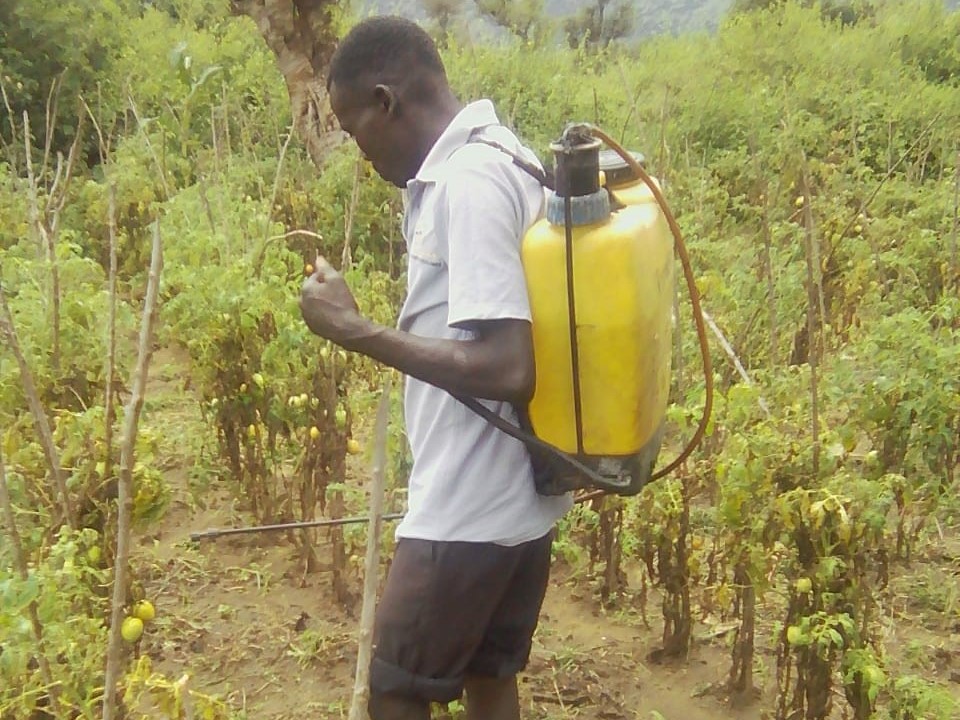• Farmers must familiarize themselves with sustainable methods that are less harmful to the environment.
• Consider promoting non-chemical pest control measures as they seek to control the outbreak of fall armyworms.
• Armyworms which have continued to devastate fields destroying hectares of the maize crop are never going away anytime soon.
Civil Society Scaling up Nutrition Alliance (CSO-SUN) has advised Ministry of Agriculture to employ extension experts to help farmers familiarize themselves with sustainable methods that are less harmful to the environment in dealing with armyworms.
CSO-SUN Country Coordinator Mathews Mhuru told Money FM News that government and other stakeholders in the agriculture sector should consider promoting non-chemical pest control measures as they seek to control the outbreak of fall armyworms.
Mr. Mhuru noted that these armyworms which have continued to devastate fields destroying hectares of the maize crop are never going away anytime soon hence the need to work together in finding sustainable pest control measures.
He stated that controlling pest is essential, but so far, most solutions have relied on chemicals that are harmful to both humans and the environment which in the long run will negatively impact crop production.
“Zambian farmers can learn from their colleagues in Malawi who are using homemade remedies such as a solution of water, salt and chilli to control armyworms after exhausting pesticide options on the market meant to combat the crop-munching pest,” he said
Mr. Mhuru noted that farmers can also learn from countries like Kenya where farmers have been oriented on how to identify army worms and their eggs which they crush manually using their hands, an exercise that is less costly and is environmentally friendly compared to the use of pesticides.
He has since reiterated its call for crop diversification because maize has proven to be vulnerable to armyworms.
“This will not only help to cushion household food security which is under threat but also help improve the nutrition status at both household and national level,” he said
The outbreak of fall armyworms has been reported in some parts of the country affecting hectares of maize crop and the treasury recently released K46, 575,000 to fight the pests, an exercise which is expected to contribute to crop protection and food security countrywide.







